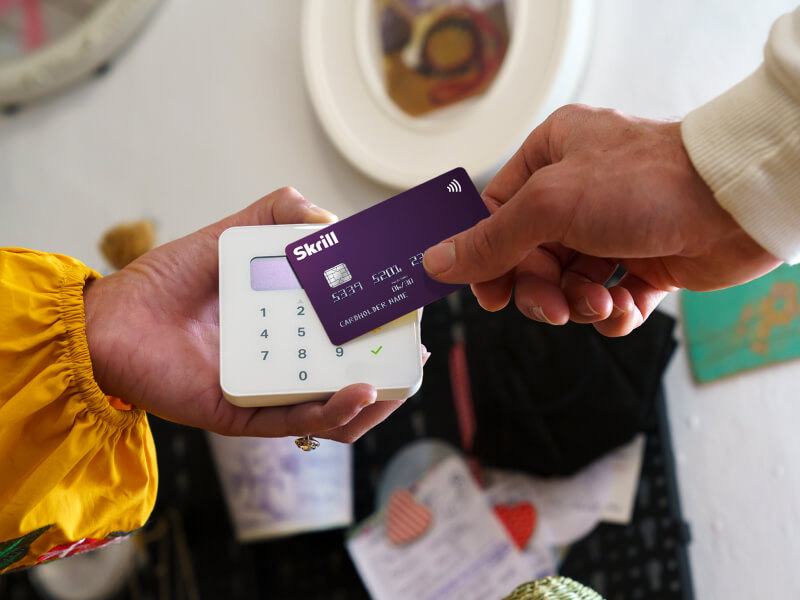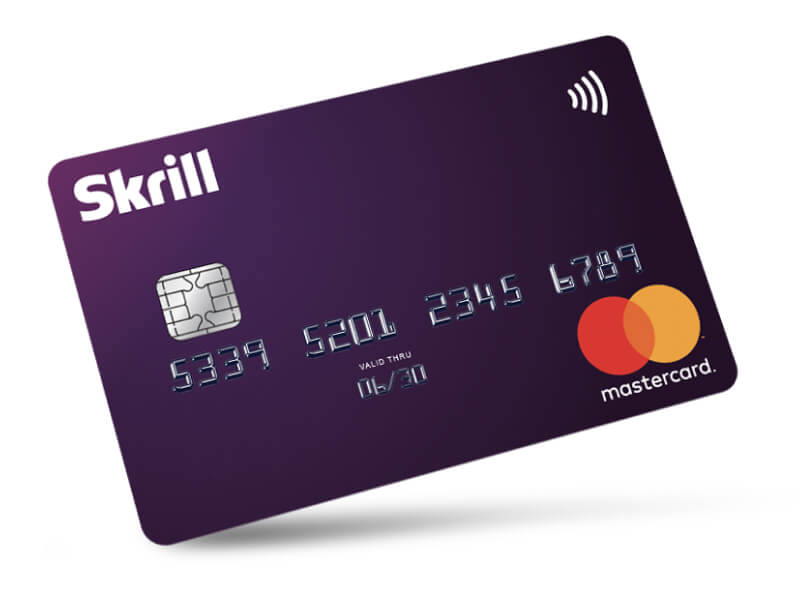How we manage our money matters. By making the right choices about what we do with it, we can save more and build a better future for ourselves.

But sadly, money management is rarely taught in schools. So, it’s down to you as an individual to work out how to best save, spend and protect your cash.
Taking the time to work out how to manage your funds can help you save money, pay off debts and improve how you invest your money long-term.
To help you get started, here are five top tips that will help you take control of your finances.
1. Set your budget
Knowing how much money you have coming in each month (income) and how much you spend (outgoings) is the first critical step to getting to grips with your finances. Once you know these figures, you can work on creating a budget.
There are different ways you can structure your budget, but many people follow the 50/30/20 rule. This budgeting guideline suggests you split your income in the following way:
- 50% is spent on essentials – rent, mortgage, bills, tax, food, childcare, commuting etc.
- 30% goes to non-essential spending – eating out, day trips, hobbies etc.
- 20% is used to pay off debt and/or is put into savings or an emergency fund
Sticking to a budget can be tricky, but doing so comes with a whole host of benefits including:
- Repaying and staying out of debt
- Not being caught out by unexpected costs
- A higher chance of being accepted for a mortgage or loan
- More opportunities to save for the future
- A greater chance of having money left over to spend on non-essentials, whether that’s a dream holiday or that new car you’ve had your eye on
In short, careful budgeting can pave the way to greater financial freedom and reduce your money worries.

2. Check your balance at regular intervals
Once you’ve set a budget, it’s important to check on your balance at regular intervals. Whether it’s every Wednesday, every second Tuesday or on the last day of every month, choose a recurring date that suits you to log into your accounts and take stock of your funds.
If it helps, set up a simple spreadsheet that outlines your targets and tracks whether you’re meeting them each month. This will help you see what you’ve got coming in versus what’s going out, making it easier to adjust your spending each month as you get to grips with budgeting.
If spreadsheets aren’t for you, there are plenty of free and low-cost apps and websites that can help you track your outgoings and better manage your money.
3. Get into good credit habits

Credit cards are useful for making larger payments safely and paying for unexpected outgoings. They’re also a good way to improve your credit rating.
But it’s critical you do your research to understand the terms and conditions attached to a credit card.
Credit cards come with high interest rates, so it’s easy to get overwhelmed with debt very quickly if you’re not paying them off at the end of each month.
This is where automation is your best friend – to avoid getting tangled up, set up a direct debit for the amount owed on your credit card to be paid off in full every month.
If you’re not able to pay off the full amount, make sure you’re paying off the minimum each month to avoid the debt spiralling out of control.
4. Create a plan to pay off any debts
If you have debts from credit cards, loans, bills, overdrafts or other sources, make a plan to start paying these back. To begin, focus on reducing the debt with the largest interest rate first, while continuing to pay back the minimum on any other debts.
Gradually, the amount you need to pay back will decrease and you’ll start to take back control. And once you’ve taken care of the most pressing debts, you can start to pay off any others.
5. Open a savings account
If you have money left over at the end of the month, it’s a good idea to transfer this into a savings account with a good interest rate. Any money you collect in this pot can be put towards achieving your life goals, like buying a property or going on that once-in-a-lifetime trip.
If you know you’re able to put away a fixed amount each month, set up a standing order to transfer this money. People often find that once they’ve done this, they’ll forget how much they’re saving and will get a pleasant surprise when they check on their balance.
At this stage, you can start thinking about topping up your pension or even investing some of your savings.
How can prepaid cards help you manage your money?
From money management apps to online budget templates, there are plenty of tools available that can help you look after your money.
Prepaid cards, such as the Skrill Prepaid Mastercard®, are also great for helping you better manage your money. Much like a pay-as-you-go phone, prepaid cards only hold the money you put on them. The benefit of using a prepaid card is that you can only spend the funds you put on it.

Although most prepaid cards will incur some fees, there’s no overdraft, credit limit or interest rates to worry about. Although a prepaid card isn’t linked to a bank account, you can use it in the same way as you would a debit card to make in-store and online payments, and even take cash out at ATMs.
Prepaid cards are particularly popular with young people as there’s no credit check needed, and with holidaymakers that want to limit or control their spending.
What can a Skrill Prepaid Mastercard® do for you?
The Skrill Prepaid Mastercard is your money on the move.

With a Skrill card you can:
- Make payments in-store anywhere Mastercard is accepted
- Pay securely online with no links to your bank account
- Spend globally with great foreign exchange rates
- Withdraw your balance as cash at ATMs worldwide
- Make contactless payments with Apple Pay or Google Pay
- Collect loyalty points and exchange them for rewards
Order your Skrill Mastercard today with no need for a credit check.
Helpful resources on money management
Check out the following resources for more information about budgeting:
Money Helper
Mind - Organising your finances
StepChange
The Money Charity




